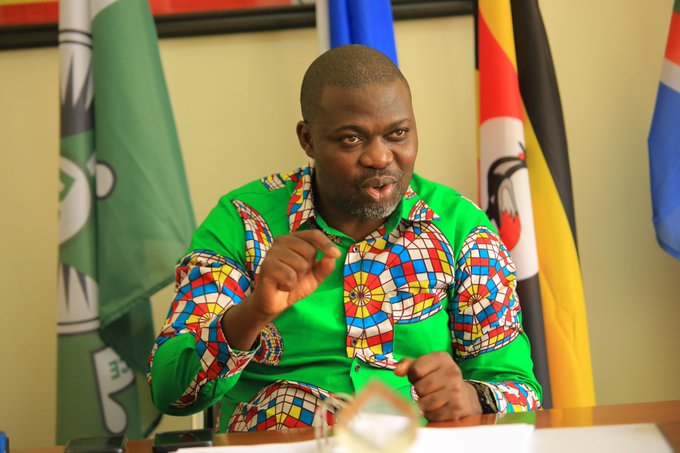WEST AFRICA: Presidential and Parliamentary candidates in Nigeria on Thursday ended their official campaigns ahead of Saturday’s polls.
Voters in Africa’s most populous country, Nigeria, will head to the polls this weekend to select their next president amid mounting unhappiness in the country due to worsening insecurity and economic hardship.
Three contenders are thought to have a change of winning in Africa’s most populous country.

It’s thought to be the most competitive election since the end of military rule in 1999.
All sides have promised to resolve any disputes through the courts.
In addition to the candidates from the two main parties – the governing All Progressives Congress and the Peoples Democratic Party – a third leading contender has emerged.
Peter Obi of the Labor Party has attracted enthusiastic support from young activists on social media.
Nigerian voters cite insecurity, unemployment and education as issues they want their next president to tackle.
Since President Muhammadu Buhari came to power eight years ago, unemployment has quadrupled. Inflation is now at 21% and food inflation is higher still.
The price of many staples like rice and oil has doubled in Lagos’ markets in the past year. Nigeria’s next leader will have a long to-do list.
Nigeria’s outgoing President Muhammadu Buhari is stepping down after nearly eight years in power amid a backdrop of chaos and widespread unrest, as many people are unable to access the cash they need to buy food because of a botched roll-out of new banknotes.
Around 94 million voters are expected to make their choice among the 18 presidential candidates vying for the country’s presidency, according to Nigeria’s election umpire, the Independent National Electoral Commission (INEC).

Who is running for president?
A total of 18 candidates are campaigning for the top job, but only three have a realistic chance of winning, according to opinion polls.
Bola Ahmed Tinubu, 70, is standing for the governing All Progressives Congress (APC) party, Atiku Abubakar, 76, is running on behalf of the main opposition People’s Democratic Party (PDP). He has run for the presidency five times before – all of which he has lost and Peter Obi, 61, is hoping to break up the two-party system which has dominated Nigeria since the end of military rule in 1999 and is running for the little known Labour Party.
Convention suggests a candidate from one of the two main parties will win – Mr. Atiku or Mr. Tinubu. But Mr Obi’s supporters are hoping he can spring a surprise if they can mobilise the large youth vote to back him.
If there is no clear winner, a second round will be held within three weeks. There will also be elections for the country’s powerful state governors on Saturday 11 March.
In order to win, a candidate has to obtain the highest number of votes nationwide, and more than a quarter of ballots cast in at least two-thirds of Nigeria’s states.
If none of the candidates manage this, there will be a second round run-off between the top two candidates within 21 days.
What other elections are being held?
As well as the presidential vote, the public will also be choosing their representatives for parliament – the National Assembly.
There are 469 legislators made up of 109 Senators and 360 members of the House of Representatives.
Two weeks later on 11 March there will also be elections to choose governors for 28 out of Nigeria’s 36 states.
Nigeria government committed to credible vote – Kenyatta
African Union observer and former Kenyan President, Uhuru Kenyatta, has told the BBC’s Focus on Africa programme that he has seen a commitment from the Nigerian government to oversee credible elections.
The authorities seem “quite confident” they can hold a “free, fair” and “transparent” election on Saturday, Mr. Kenyatta said.
Mr Kenyatta warned there would be “challenges”, however he said the presidential candidates had told him they think they can “surmount” those problems, including security concerns and the cash shortage in the country which has sparked a crisis in the last few weeks.
Mr Kenyatta added that he hoped these problems would not result in low turnout.
He said the Nigerian elections were of the upmost important because it is “the largest democracy on the African continent” and one of the largest in the world.
Source: BBC
Centralupdates31@gmail.com





